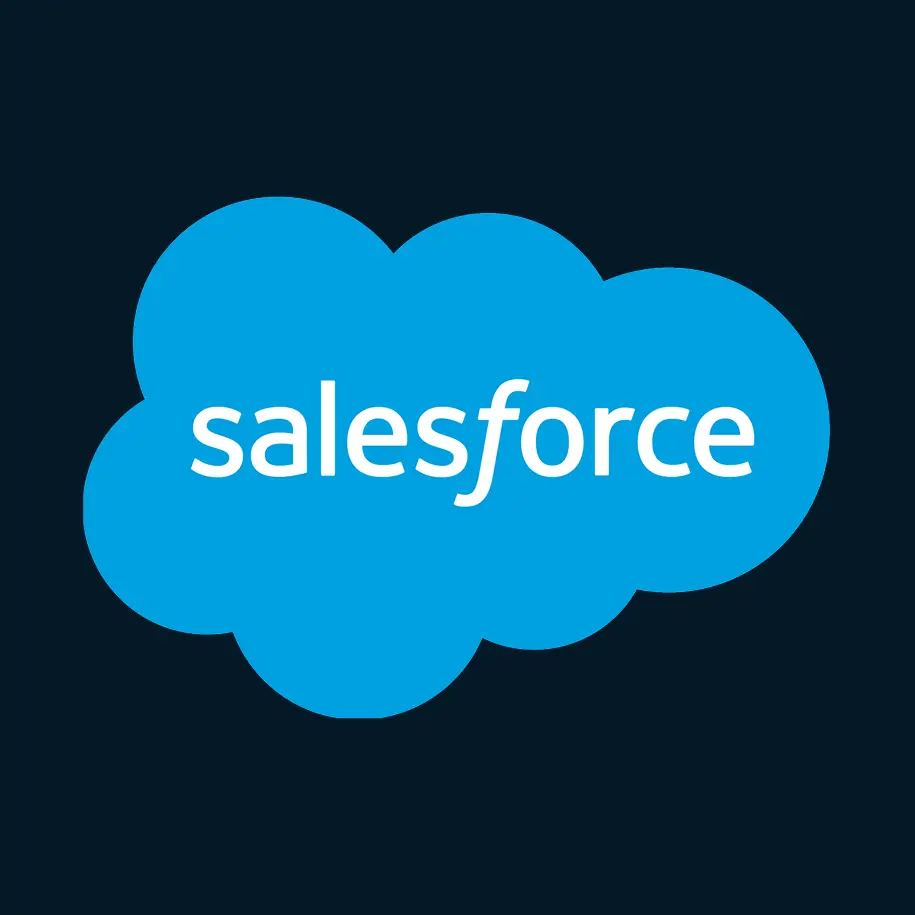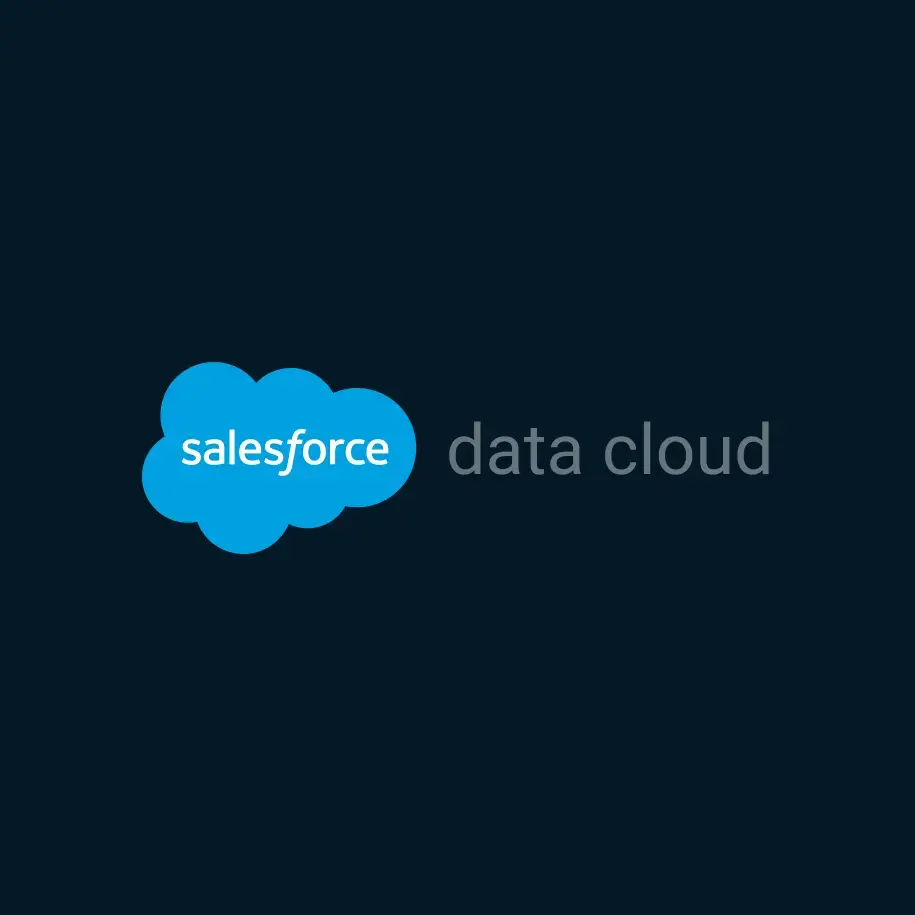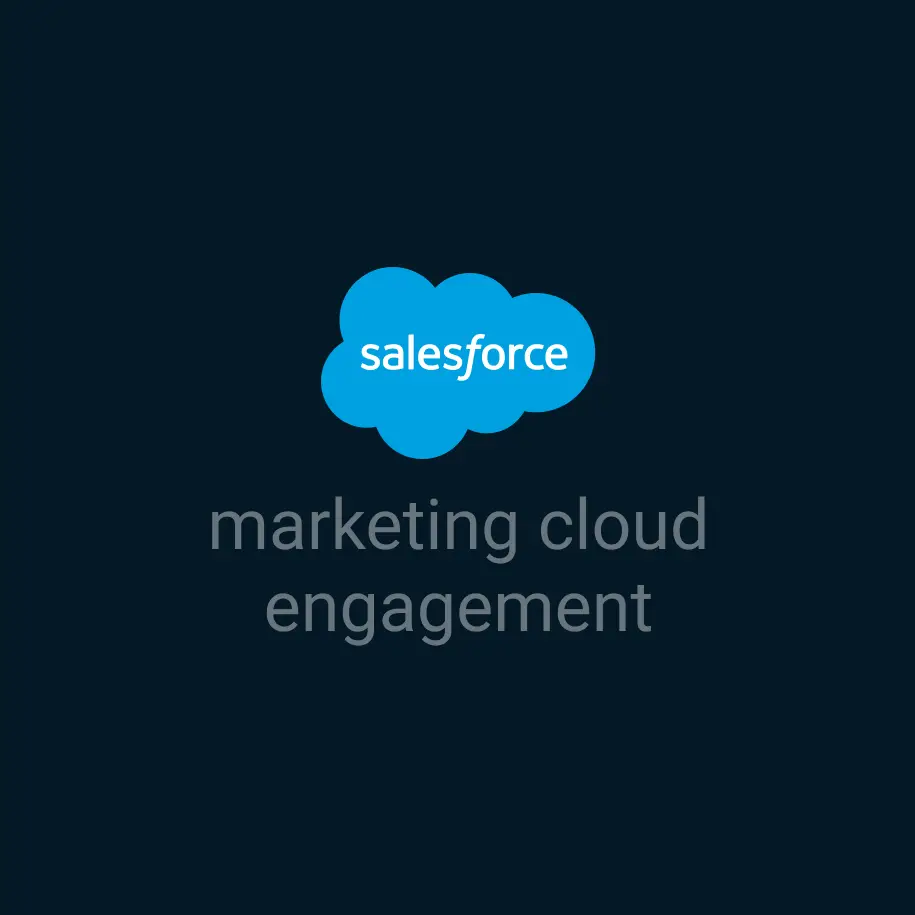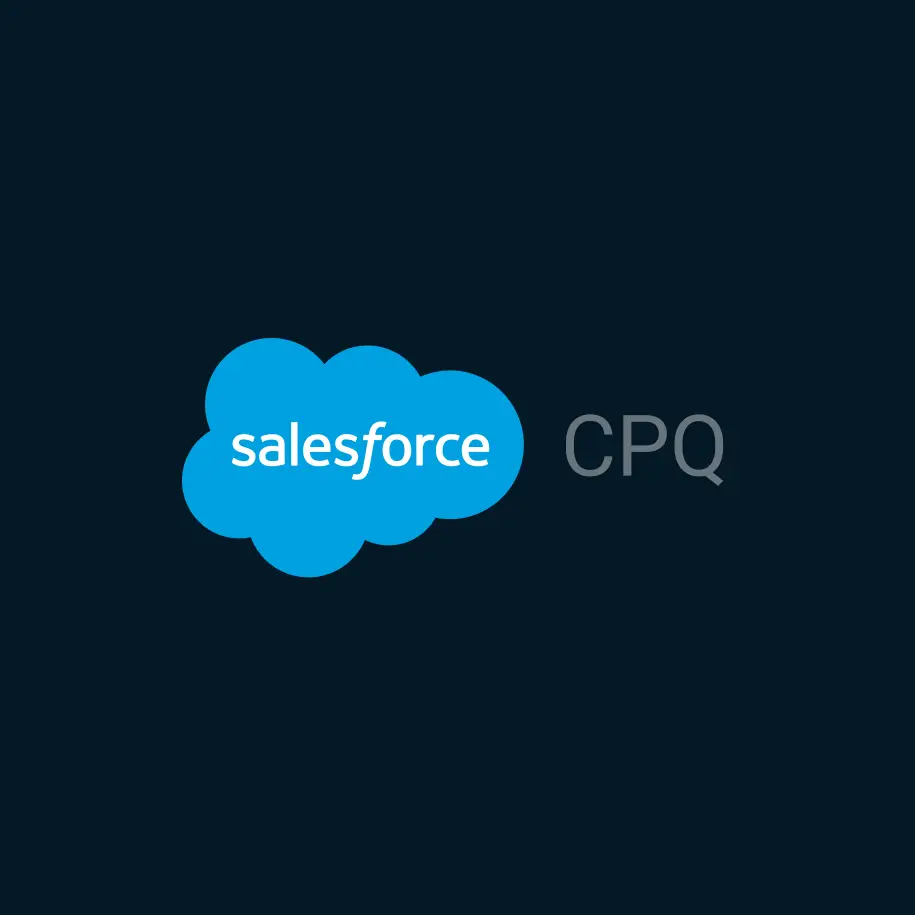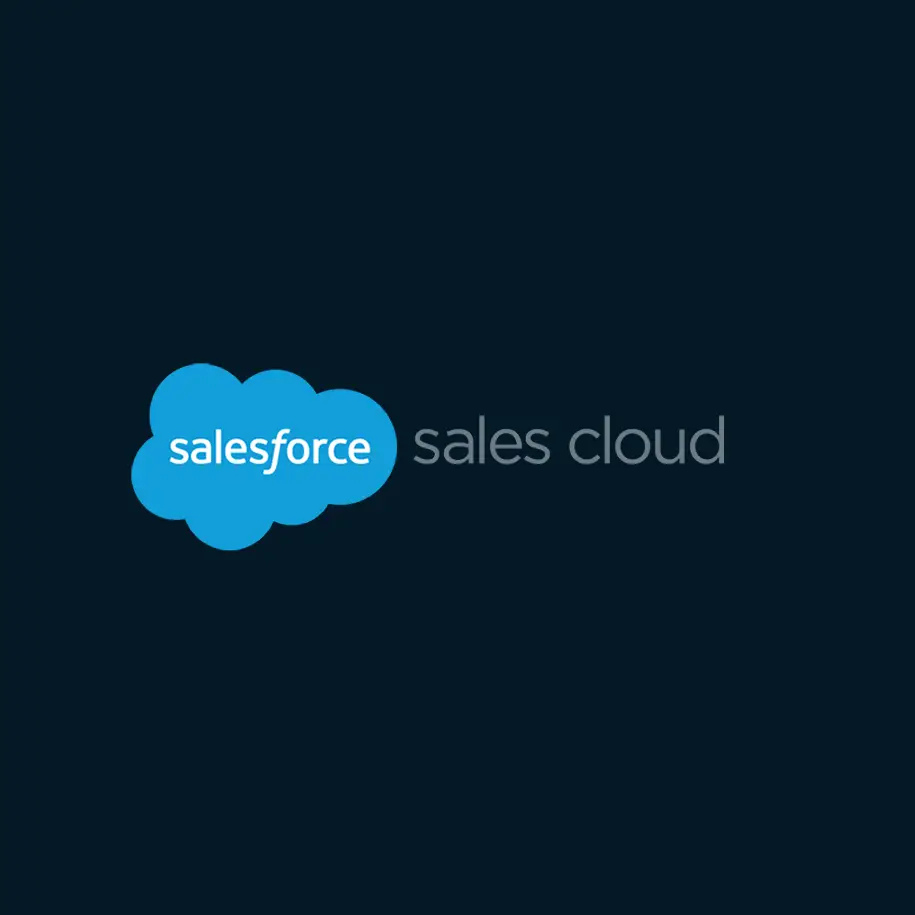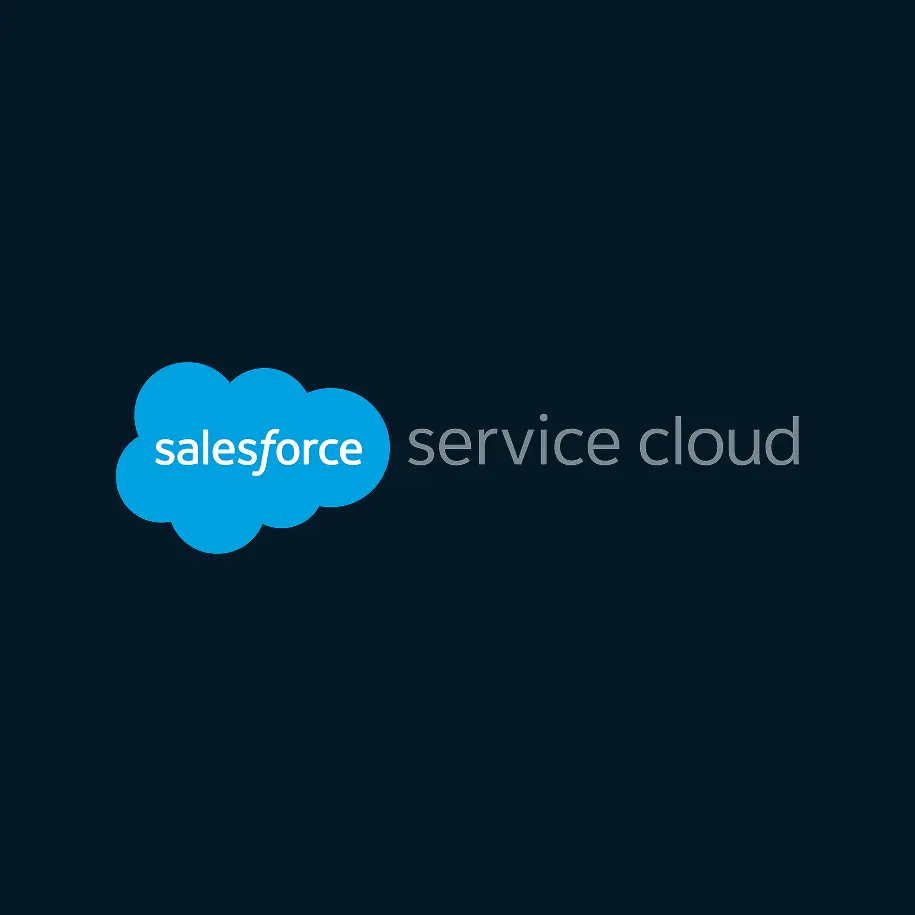
How to Audit Your Salesforce Org Like a RevOps Pro
Let’s be honest—most Salesforce orgs don’t age gracefully. Over time, what started as a clean, functional CRM can turn into a mess of unused fields, broken automations, cluttered layouts, and dashboards nobody trusts. If that sounds familiar, it might be time for a Salesforce audit.
But here’s the catch: not all audits are created equal. An IT-driven audit might check for broken processes or security gaps. A RevOps audit goes deeper—it connects your Salesforce configuration to your actual go-to-market strategy and revenue goals.
In this guide, I’ll walk you through how to run a RevOps-focused Salesforce audit that helps your revenue engine run smoother, faster, and smarter.
Why a Salesforce Audit Should Be Part of Your RevOps Playbook
Think of your Salesforce org like your house. Over time, you accumulate things: automation rules, custom fields, permission sets, report folders… and suddenly, you don’t know what’s still useful and what’s collecting dust.
If you’re noticing:
- Sales complaining about confusing page layouts
- Marketing struggling to measure attribution
- Leadership second-guessing dashboards
…it’s probably not a people problem—it’s a system alignment problem.
A regular audit helps you get back to the basics: clean data, clear processes, and a CRM that actually supports the way your teams sell.
What to Include in a RevOps Salesforce Audit
1. Are Your Fields and Objects Working for You—or Against You?
Start by reviewing the fields and objects your team interacts with daily. Ask yourself:
- Are custom fields still being used?
- Are Leads and Contacts capturing the same critical info?
- Do picklists align across the funnel?
Tools like Field Trip can help you analyze field usage so you’re not just guessing.
Also check your schema builder to map dependencies and identify redundant fields.
2. Is Your Automation Helping or Hurting?
Too often, we inherit a Frankenstein of flows, workflows, and process builders. Some overlap. Some conflict. Some are completely forgotten.
Audit your:
Ask: is this automation still valid? Does it have an owner? Could it be simplified?
If you’re still using Process Builder, now’s the time to plan a move to Flow Builder—Salesforce is retiring PB by 2026.
3. Are Page Layouts and Record Types Creating Clarity or Chaos?
If sales reps need to scroll for days to find the right field—or if five different record types exist for no good reason—it’s time to simplify.
Walk through the creation process for key objects (Leads, Opportunities, Cases) with real users. You’ll quickly spot friction points.
Use Lightning App Builder to streamline layouts and make only the most relevant components visible.
4. Who Has Access to What—And Should They?
Over time, permissions get messy. Someone needed access “just for a week,” and suddenly they’ve got full CRUD rights on Opportunities.
Review:
Look for inactive users with access, over-privileged profiles, and objects that should be private but aren’t.
5. Can You Trust Your Dashboards and Reports?
If your revenue team doesn’t trust the data, it doesn’t matter how beautiful your dashboards look.
Start by reviewing:
- Report usage (who’s using what?)
- Data completeness on key fields (e.g., Campaign Source, Industry, Stage)
- Duplicate records that might be skewing your numbers
Once the foundation is clean, align dashboards to real GTM metrics: funnel conversion, deal velocity, lead attribution—not just vanity numbers.
How Often Should You Audit Your Org?
Here’s a simple cadence to follow:
- Quarterly: light touch checks (inactive users, orphaned flows, field usage)
- Twice per year: full RevOps audit, ideally tied to GTM planning
- After major changes: like new product lines, acquisitions, or big team restructures
Final Thoughts: Clean CRM, Clear Revenue Path
A Salesforce audit isn’t just a cleanup exercise—it’s a chance to get your systems, strategy, and teams back in sync.
At Revenue Ops LLC, we’ve helped companies—from high-growth SaaS startups to established enterprise teams—uncover what’s slowing down their revenue engine and clean it up without disrupting sales.
Want help running your own audit?

